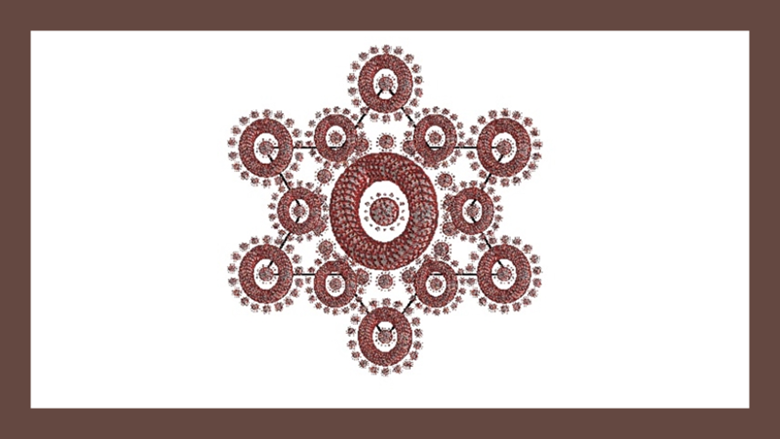A Poem and its Self-translation
DOI:
https://doi.org/10.21992/tc29514Abstract
“Poema II/ Poem II”, a bilingual expression that goes beyond a mere literary translation, is part of the series Poetízame las ganas/ Turn My Yearnings into Poetry. Although it started as an original poem in Spanish, my first language, an English translation ended up coming together from the first lines. Very much influenced by the playful translations of Eliot Weibenger into English, I enjoy playing with source and target languages to puzzle the reader, by erasing the traces of the translation process, while, at the same time, keeping a foreign debris within the kind of language I use in both texts. With these two pieces that arise as a reciprocated translation, the poet challenges a bilingual form of creative expression in which there is a clear refusal to utterly domesticate the texts. Love and language are, undoubtedly, both the object and the subject of the whole poem. They are represented through an unceasing analogy that depicts the symbolic connections behind these two intrinsic, most desired—and perhaps hardest to understand—human domains.
Downloads
Downloads
Published
Issue
Section
License
Authors who publish with this journal agree to the following terms: a.Authors retain copyright and grant the journal right of first publication with the work simultaneously licensed under a Creative Commons Attribution License that allows others to share the work with an acknowledgement of the work's authorship and initial publication in this journal. b.Authors are able to enter into separate, additional contractual arrangements for the non-exclusive distribution of the journal's published version of the work (e.g., post it to an institutional repository or publish it in a book), with an acknowledgement of its initial publication in this journal. c.Authors are permitted and encouraged to post their work online (e.g., in institutional repositories or on their website) prior to and during the submission process, as it can lead to productive exchanges, as well as earlier and greater citation of published work (See The Effect of Open Access).



